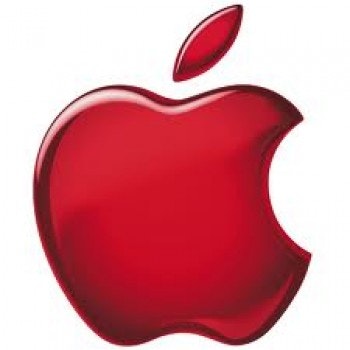Last month, Apple Inc. (NASDAQ:AAPL) executives testified on Capitol Hill but a swift call to action emerged in Europe. The G8 summit is coming up and some European leaders are pressed to address the issue of curbing corporations’ “aggressive tax planning and profit shifting.”
Everyone knows American corporations have billions of dollars overseas. Stateside, Apple’s testimony was another reminder about the foreign cash hoards, not a groundbreaking announcement. But in Europe creative tax strategies are suddenly being touted as implements of serious harm. So harmful in fact, that tax strategies became a matter of priority at the EU summit held after the Apple Inc. (NASDAQ:AAPL) execs testified.
European Council president Herman Van Rumpuy claims the economic crisis injected new momentum into the debate of fair taxation. And European Commission spokesperson, Micheal Jennings said, the “abuses” by American corporations need to clamped down on “urgently.”
And who are these abusers that are aggravating the plight of financially challenged Europeans?
Tax practices that irk Europeans

Google Inc (NASDAQ:GOOG) is accused of using the Double Irish to pull the wool over Britain’s eyes. Streaming cash from the UK through Ireland and then on to the Bahamas reportedly allowed Google to pay a mere $11 million in corporate tax to Her Majesty’s Revenue and Customs (HMRC) on about $4.5 billion in sales last year.
Labor Party leader Ed Miliband was so ticked off, he went to Google Inc (NASDAQ:GOOG)’s Big Tent event in Britain and expressed regret that Google’s executive chairman, Eric Schmidt, wasn’t there to hear him put the company on blast and pronounce it wrong for the company to go to such extraordinary lengths to avoid paying taxes.
Amazon.com, Inc. (NASDAQ:AMZN) is also rubbing European leaders the wrong way, with the use of its order fulfillment facilities. These warehouses are located in places like Germany, France and the UK, which is a major book market. But sales are extremely low in those countries while Amazon reports billions of dollars in sales in little Luxembourg. There, the company is reportedly paying a tax rate that is less than half of that in some of the countries where it fulfills orders.
Amazon.com, Inc. (NASDAQ:AMZN)’s defense is basically that it serves all EU countries but its headquarters is in Luxembourg.
But, when it comes to tax avoidance, it may be fair to say Starbucks Corporation (NASDAQ:SBUX) takes the cake, and in the UK that literally means every crumb. Last fall, Reuters claimed the company got entangled in a web of contrasting stories.
Despite its sales of over £1.2 billion, the company has not paid any income tax in the UK for three years. HMRC wanted to know why and Starbucks Corporation (NASDAQ:SBUX) said it wasn’t making a profit. Yet, conference call transcripts revealed that the company has been telling investors and analysts that its UK division is profitable and even claimed that UK profits were funding expansion in other markets.
Fear the G8?
Some European leaders are certainly ready to slaughter these cash cows for the feast, but should their investors be worried about a massive sea change after the G8 summit? Perhaps there will be waves, but it’s hard to see how panic is warranted.
The UK, Germany and France have some of the bloc’s higher tax rates and leaders there are considering what could be gained from change. They want to confront the US with a commitment to unified cooperation, pushing the idea that measures such as information sharing and transparent banking policies are going to help crack down on tax avoidance.
But first they need unity.
Ireland’s low rate tax strategy has been part of its economic strategy for decades. After the Apple Inc. (NASDAQ:AAPL) testimony, Ireland was scrutinized by its peers but defended its tax policies as fair and said its system is already transparent.





